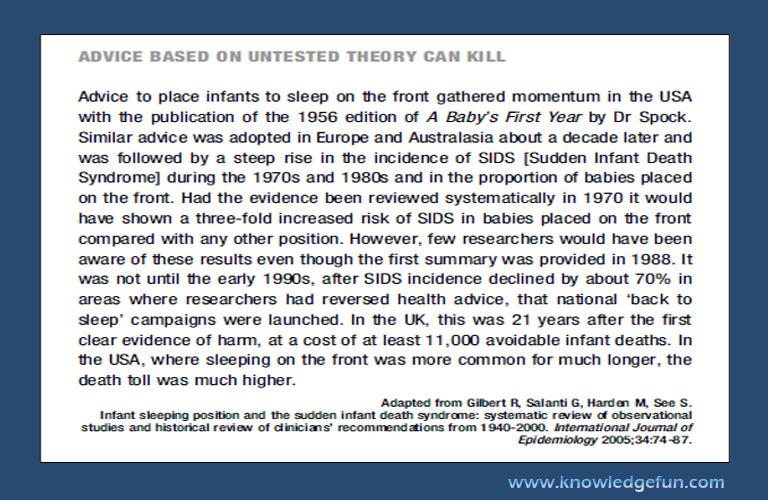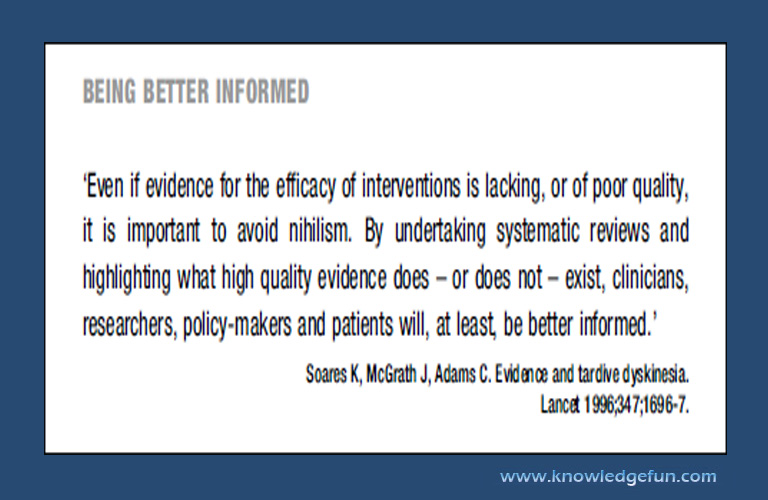How Meditation May Work
Practicing meditation has been shown to induce some changes in the body, such as changes in the body’s “fight or flight” response. The system responsible for this response is the autonomic nervous system (sometimes called the involuntary nervous system). It regulates many organs and muscles, including functions such as the heartbeat, sweating, breathing, and digestion, and does so automatically.
The autonomic nervous system is divided into two major parts:
- SYMPHATETIC NERVOUS SYSTEM - The sympathetic nervous system helps mobilize the body for action. When a person is under stress, it produces the fight-or-flight response: the heart rate and breathing rate go up, for example, the blood vessels narrow (restricting the flow of blood), and muscles tighten.
- PARASYMPHATETIC NERVOUS SYSTEM - The parasympathetic nervous system creates what some call the “rest and digest” response. This system’s responses oppose those of the sympathetic nervous system. For example, it causes the heart rate and breathing rate to slow down, the blood vessels to dilate (improving blood flow), and activity to increase in many parts of the digestive tract.
While scientists are studying whether meditation may afford meaningful health benefits, they are also looking at how it may do so. One way some types of meditation might work is by reducing activity in the sympathetic nervous system and increasing activity in the parasympathetic nervous system.
Scientific research is using sophisticated tools to learn more about what goes on in the brain and the rest of the body during meditation, and diseases or conditions for which meditation might be useful. There is still much to learn in these areas. One avenue of research is looking at whether meditation is associated with significant changes in brain function. A number of researchers believe that these changes account for many of meditation’s effects.
Browse Related Info:
- Mind and Body Interventions or Practices
- Yoga
- Hypnosis
- Meditation
- Acupuncture
- Relaxation Techniques
- Chiropractic Manipulation
- Osteopathic Manipulation
- Tai Chi
- Qi Gong
- CAM Natural Products
- Herbal Remedies
- Wellness and Well-Being
- Health Pages
- Testing Treatments

Examples of Meditation
Mindfulness meditation and the Transcendental Meditation technique (also known as TM) are two common approaches to meditation. They are also two types of meditation being studied in many research projects.
Mindfulness meditation originated in Buddhism. It is based on the concept of being mindful, or having an increased awareness and total acceptance of the present. While meditating, the meditator is taught to bring all her attention to the sensation of the flow of the breath in and out of the body. The intent might be described as focusing attention on what is being experienced, without reacting to or judging that experience. This is seen as helping the meditator learn to experience thoughts and emotions in normal daily life with greater balance and acceptance.
Transcendental Meditation (TM) originated in the Vedic tradition in India. It is a type of meditation that uses a mantra (a word, sound, or phrase repeated silently) to prevent distracting thoughts from entering the mind. The intent of TM might be described as allowing the mind to settle into a quieter state and the body into a state of deep rest. This is seen as ultimately leading to a state of relaxed alertness.
Our responses to life’s challenges influence the development of our personality and identity.
Meditation
The term meditation refers to a group of techniques, most of which started in Eastern religious or spiritual traditions. These techniques have been used by many different cultures throughout the world for thousands of years. Today, many people use meditation outside of its traditional religious or cultural settings, for health and wellness purposes.
In meditation, a person learns to focus his attention and suspend the stream of thoughts that normally occupy the mind. This practice is believed to result in a state of greater physical relaxation, mental calmness, and psychological balance. Practicing meditation can change how a person relates to the flow of emotions and thoughts in the mind.
Meditation is practiced both on its own and as a component of some other therapies, such as yoga, tai chi, and qi gong.







